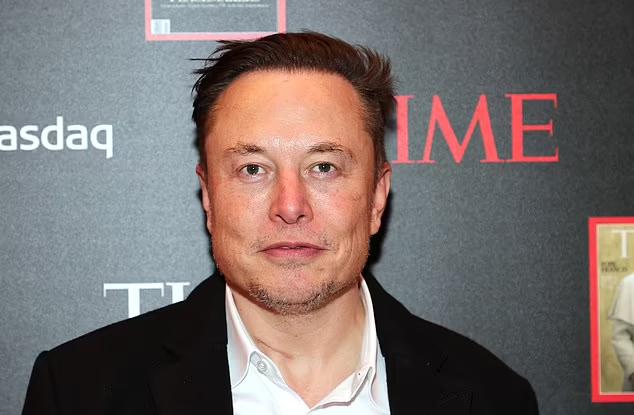Elon Musk, a billionaire and founder of SpaceX, said on December 13 that SpaceX's starship will land on Mars in the next 5 years, and he has "big plans" for the next stage of space exploration. Musk said the next "real big thing" is to build a self-sufficient city on Mars that will bring animals and creatures from Earth there.

Musk was recently selected as the Cover Person of the Year by Time Magazine.
According to reports, Musk said in an interview with Time Magazine on the 13th that the "real big thing" is to build a self-sufficient city on Mars and bring animals and creatures on Earth there.
He said it was a bit like a "Noah's Ark of the future" and that the overall goal had always been to make life a multi-planetary existence and humanity a space civilization.
It is reported that Musk has repeatedly said that with the reduction of Earth's resources and the worsening of climate change, he hopes to help humans colonize Mars.
However, experts disagree on Musk's claims, with some seeing raising livestock on a planet without oxygen as a "huge challenge" that is still hundreds of years away from being realized.
Experts believe it could take "hundreds of years" before humans can raise animals on Mars.
Roger Wiens, a scientist in Los Alamos, New Mexico, said that Mars has an atmosphere of carbon dioxide, and if kept warm and watered, it might be a great place to grow plants, but if animals are left there, it would be a scary place because they need oxygen to breathe.
"Humans may be smart enough to wear an oxygen breathing system, but if an animal falls off its face, will it be smart enough to adjust such a system?" I don't think so. We will end up with a lot of animal deaths. He said.
Jonathan McDowell, an astrophysicist at Harvard's Smithsonian Center for Astrophysics, is equally skeptical. He believes it could take "hundreds of years" before humans can raise animals on Mars.
Robert Lillis, deputy director of the planetary group at the Berkeley Space Science Laboratory, joked that scientists are unlikely to "bring any aardvarks, marmosets or mountain lions to Mars."
"For a self-sufficient colony, we need to build an ecosystem of certain plants and animals, balanced with life support systems and the assistance of horticultural and veterinary techniques." He said.
But Christopher S. Edwards, an associate professor in the Department of Astronomy and Planetary Sciences at the University of Northern Arizona, said he thinks Musk makes a reasonable point.
"A long time ago, livestock were taken to sailboats across the ocean." He said.
Text/Nandu reporter Chen Lin